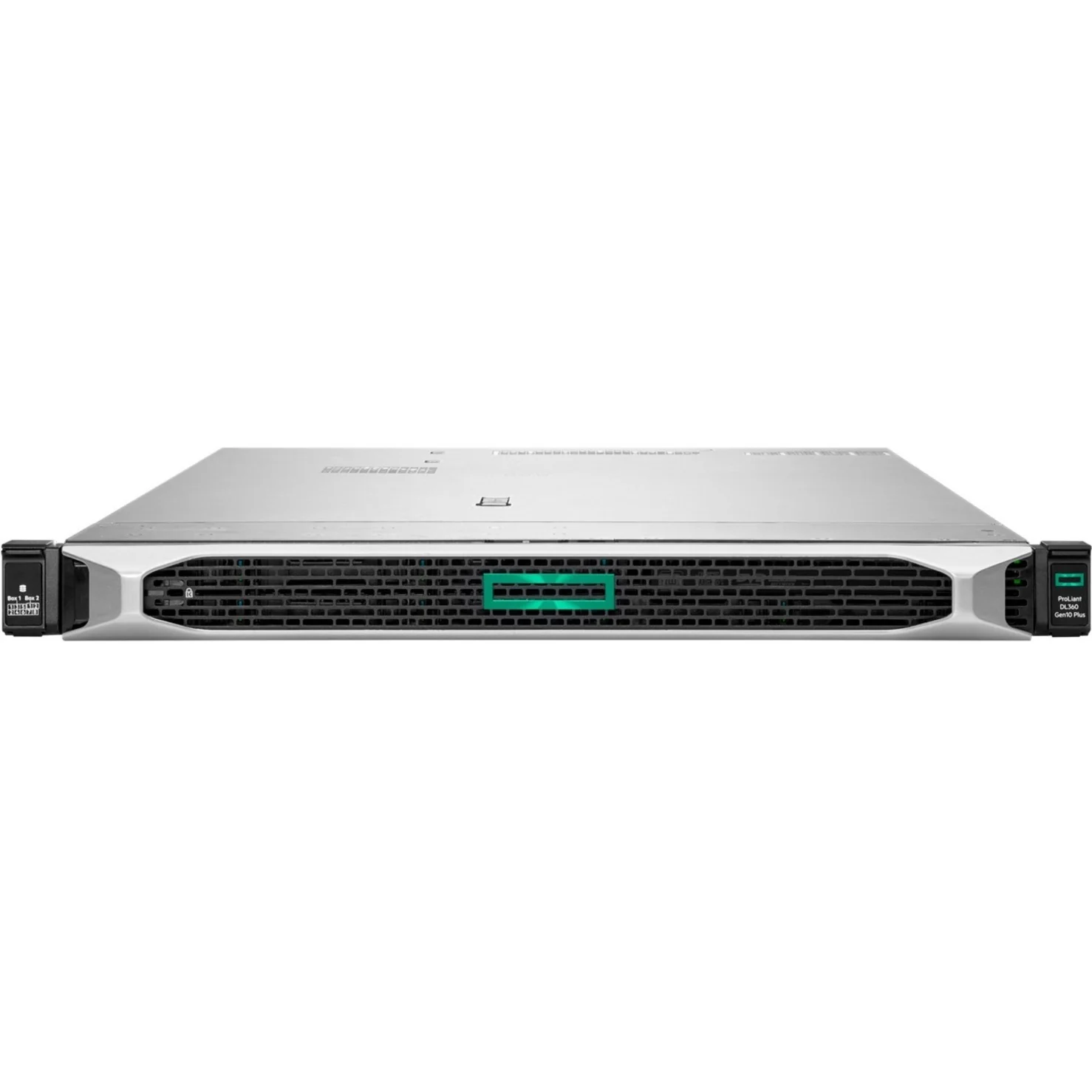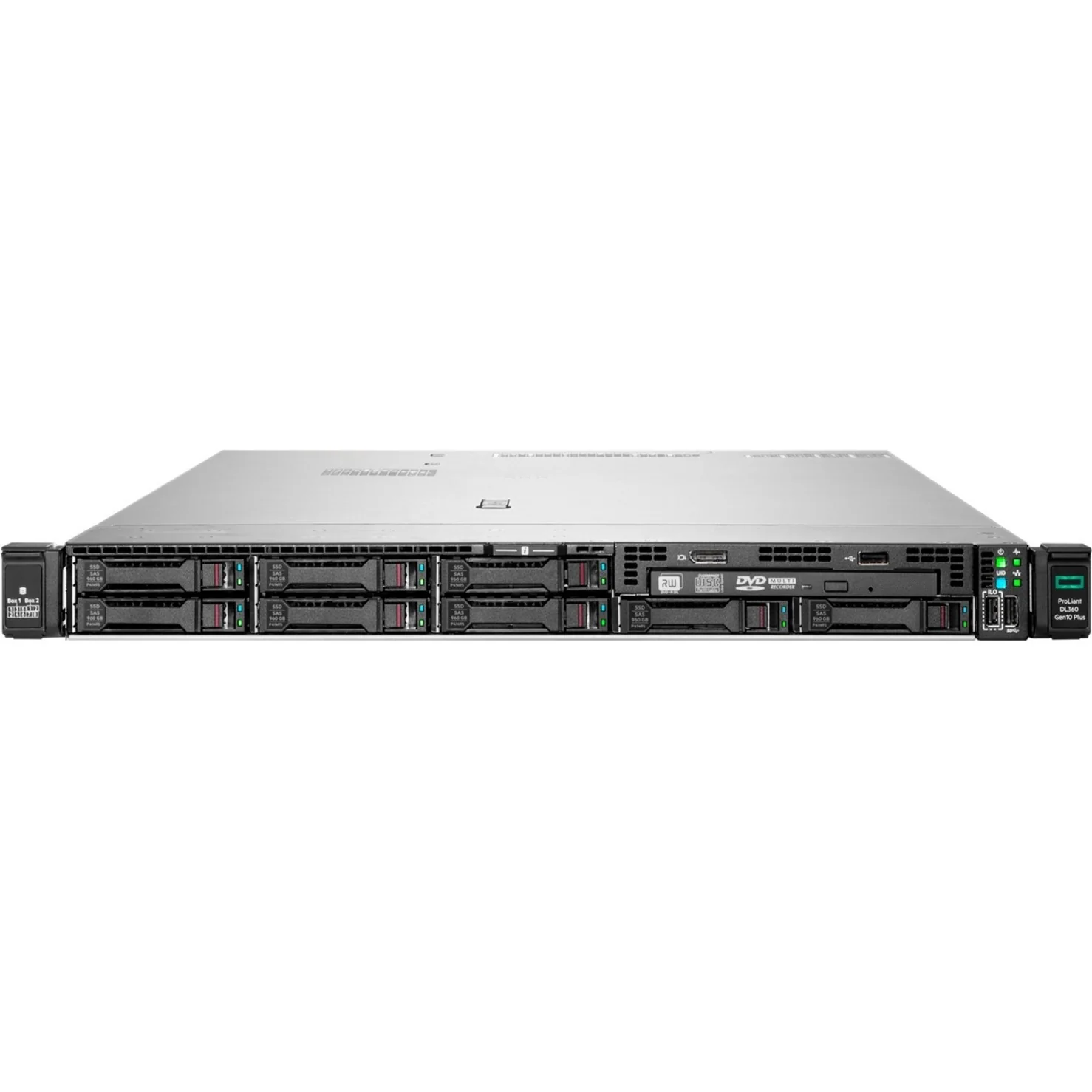serverhdd-hastighed
Serverhastigheden på HDD'er er en afgørende komponent i datacenters ydeevne, idet den bestemmer, hvor hurtigt information kan tilgås og overføres inden for virksomhedens lagringssystemer. Moderne serverhårddiskdrev kører typisk med omdrejninger mellem 7.200 og 15.000 RPM, hvor de højere hastigheder muliggør hurtigere dataadgang og overførselshastigheder. Disse drev indeholder avancerede teknologier såsom Dynamic Fly Height-teknologi, som automatisk justerer læse/skrivehovedets position for optimal ydeevne og pålidelighed. Server HDD'er har også sofistikerede cache-systemer, typisk mellem 128 MB og 256 MB, som hjælper med at forbedre dataadgangstider ved at gemme ofte brugte informationer. Ydeevnen for server HDD'er måles i forskellige metrikker, herunder sekventielle læse-/skrivehastigheder, som kan nå op til 250 MB/s, og tilfældige adgangstider, som gennemsnitligt er omkring 4 ms. Serverklassificerede HDD'er er designet til at fungere kontinuerligt i krævende miljøer med en middel tid mellem fejl (MTBF) på op til 2,5 millioner timer. Disse drev implementerer ofte fejlkorrektionsalgoritmer og selvmoverende systemer for at sikre dataintegritet og forhindre potentielle fejl. Hukommelseshastighederne gør dem især velegnede til applikationer, der kræver konstant ydeevne, såsom databaseoperationer, filservice og backup-systemer.


